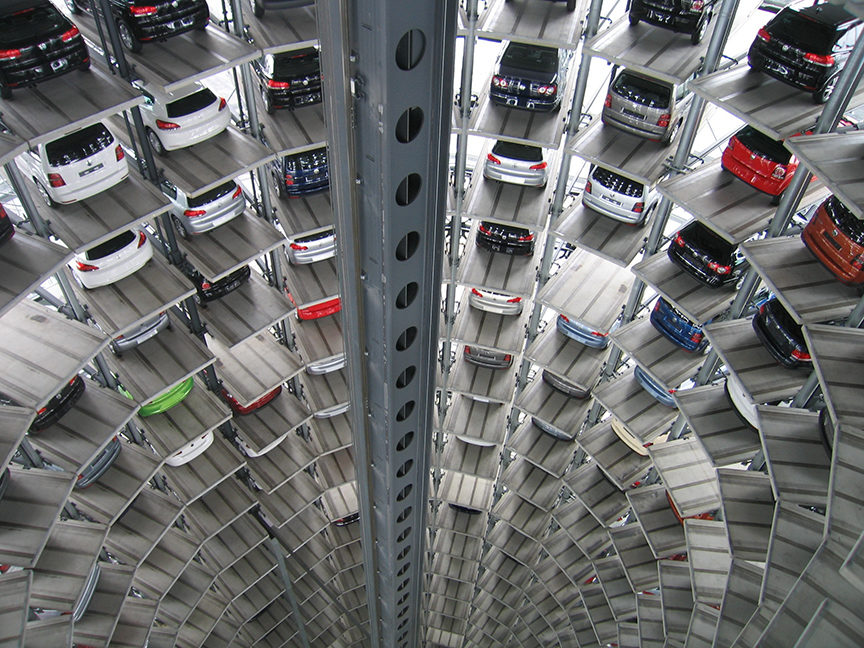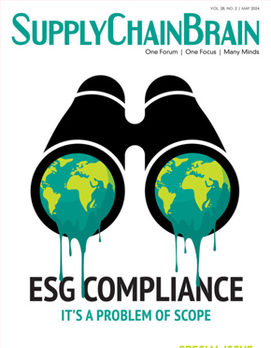
The automotive industry has been severely hit by the current shortage of semiconductor chips. Modern-day vehicles rely heavily on chips to drive their complex operating, navigation and entertainment systems. But the impact of the crisis extends beyond the manufacturing of cars — it’s also affecting the world of automotive insurance.
Several factors can be blamed for the international chip shortage, starting with the COVID-19 pandemic. Supply chain disruptions can be traced back to shutdowns and isolations that began in March of 2020. Auto manufacturers predicted that the demand for vehicles would drop in the ensuing months, reducing their need for parts. But when demand picked back up, the industry wasn’t prepared. Ordering parts quickly became an obstacle.
Making semiconductor chips is a tedious and time-consuming process. It takes an average of 12 weeks to produce a typical chip, while more advanced versions might need closer to 20 weeks. In total, it can take about half a year to supply equipment manufacturers with semiconductor chips. And starting up a new fabrication plant takes years and billions of dollars. As a result, chip manufacturers won’t be generating new sources of supply any time soon.
The automotive chip shortage is likely to make its mark on the auto insurance world as well. With consumers unable to acquire cars and parts, full-coverage auto insurance policies will be nearly nonexistent. (Non-owner car insurance policies may skyrocket in popularity, but more on that below.)
In response to the microchip shortage, some auto manufacturers have been leaving out certain features in their vehicles. When insurance companies decide on annual premiums, they look at the make, model and year of the car, along with any special features it has. If fancy driving-assistance features are absent, owners might be quoted a lower insurance premium. Or they might opt to lower coverage limits for aspects such as collision, if the vehicle contains fewer expensive features to lose in an accident.
As demand for cars grows and production stalls, dealers raise their prices. Vehicles are sold closer to the manufacturer’s suggested retail price, with discounts becoming scarce. Owners of more expensive vehicles tend to pay high insurance premiums for more coverage. This puts the auto insurance industry in an interesting position: While vehicles may have less high-performance assistance features, the prices they’re being sold at could be higher than those prior to the pandemic.
There’s also the potential for an increase in the number of non-owner car insurance policies, for people who have a valid driver’s license but don’t own a vehicle or live in a household with one. Non-owner car insurance can be a smart option in case they find themselves behind the wheel of a friend’s car.
Even for those not owning a functioning car, insurance is often needed. Non-owner car insurance policies offer affordable, reasonable coverage for these types of drivers. A spike in demand for them may be coming, and the insurance industry needs to be ready for it.
As new and used car prices increase, consumers are choosing to fix their older vehicles in an attempt to keep them running longer. In addition, there have been recent instances of insurers labeling fewer cars as “totaled” after an accident. Instead, the vehicles are being fixed when, under normal conditions, they would be declared a loss and subsequently scrapped. According to insiders, the math surrounding determination of whether a vehicle is totaled has changed.
The chip shortage isn’t going away any time soon. Estimates predict it will last for another year or two, with car production not expected to return to pre-pandemic levels until 2023. So consumers hoping to purchase new cars will have to be patient. Many are likely to maintain or repair their current vehicles instead of opting for newer models, and insurance providers will have to adjust their offerings accordingly.
Hayley Crandall is an insurance analyst with Insurance Navy.







